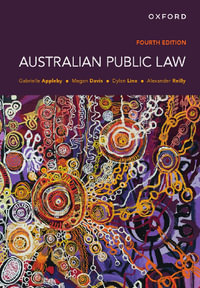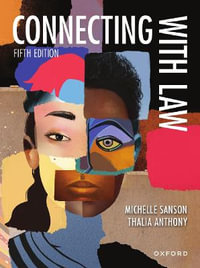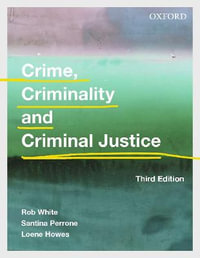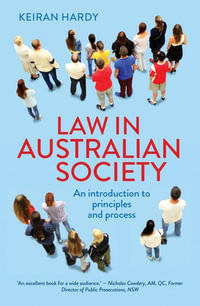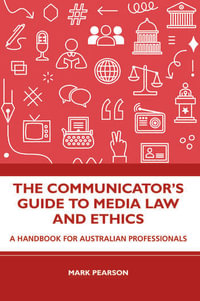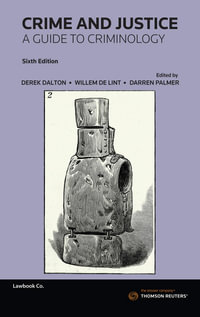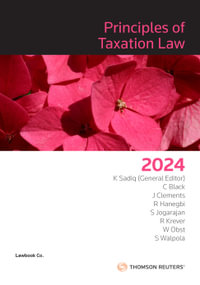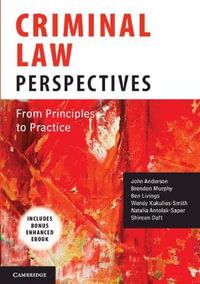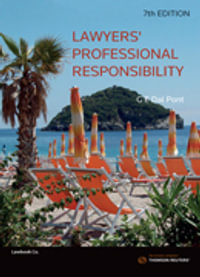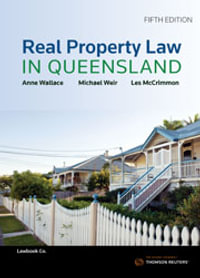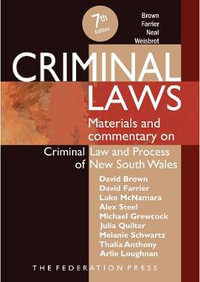The Psychology of Criminal and Antisocial Behavior: Victim and Offenders Perspectives is not just another formulaic book on forensic psychology. Rather, it opens up new areas of enquiry to busy practitioners and academics alike, exploring topics using a practical approach to social deviance that is underpinned by frontier research findings, policy, and international trends.
From the relationship between psychopathology and crime, and the characteristics of catathymia, compulsive homicide, sadistic violence, and homicide victimology, to adult sexual grooming, domestic violence, and honor killings, experts in the field provide insight into the areas of homicide, violent crime, and sexual predation. In all, more than 20 internationally recognized experts in their fields explore these and other topic, also including discussing youth offending, love scams, the psychology of hate, public threat assessment, querulence, stalking, arson, and cults.
This edited work is an essential reference for academics and practitioners working in any capacity that intersects with offenders and victims of crime, public policy, and roles involving the assessment, mitigation, and investigation of criminal and antisocial behavior. It is particularly ideal for those working in criminology, psychology, law and law enforcement, public policy, and for social science students seeking to explore the nature and character of criminal social deviance.
- Includes twenty chapters across a diverse range of criminal and antisocial subject areas
- Authored by an international panel of experts in their respective fields that provide a multi-cultural perspective on the issues of crime and antisocial behavior
- Explores topics from both victim and offender perspectives
- Includes chapters covering research, practice, policy, mitigation, and prevention
- Provides an easy to read and consistent framework, making the text user-friendly as a ready-reference desktop guide
About the Editors
Wayne Petherick is Associate Professor of Criminology at Bond University in Australia. Wayne's areas of interest include forensic criminology, forensic victimology, criminal motivations, criminal profiling, and applied crime analysis. He has worked on risk and threat cases, a mass homicide, stalking, rape, and a variety of civil suits involving premises liability and crime prevention. He has presented to audiences in Australia and abroad, and has published in a variety of areas including social science and legal works in the areas of criminal profiling, expert evidence, stalking, serial crimes, criminal motivations, and victimology.
Wayne is co-editor of
Forensic Criminology, and editor of
Profiling and Serial Crime: Theoretical and Practical Issues, now in its third edition.
Dr. Sinnamon's passion is developmental neurobiology and the structural, systemic and functional impact of early-life experiences on the growing brain. He was among the first researchers to quantify and report the impact of depression on cognitive function in young people. He is the creator of the REPAIR (TM) Program, a six-step neuroplasticity-based intervention developed to assist children and adults with systemic and functional processing deficits in the brain.
Dr. Sinnamon is also the co-founder of the HART-BEAT research alliance at James Cook University's, Australian Institute of Tropical Health Management (AITHM), aimed at creating translational research links between the basic sciences and clinical practice. His current projects include research, lecturing, providing professional development programs, and clinical practice. Along with authoring scientific papers in peer-reviewed journals, he has also contributed chapters in
Serial Crime and Criminal Profiling and
Applied Crime Analysis.


